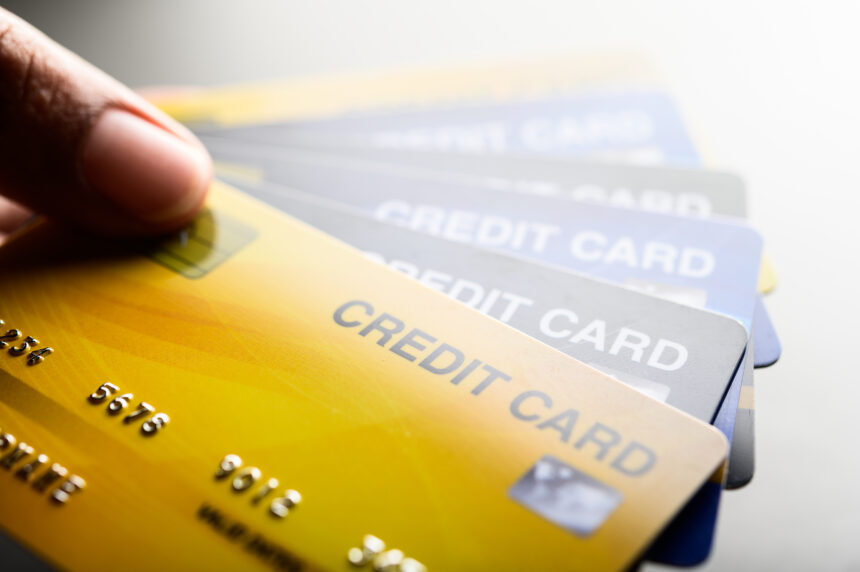Credit cards have become an integral part of our daily lives, providing convenience and flexibility when it comes to making purchases and managing finances. However, it’s essential to be aware of the various fees associated with credit cards to avoid unnecessary costs and charges. By understanding these fees and adopting smart financial habits, you can minimize expenses and make the most of your credit card experience.
- Annual Fees: Many credit cards come with an annual fee, which is a fixed amount charged by the card issuer for the privilege of using their card. While some credit cards offer attractive rewards and benefits that can offset the annual fee, it’s crucial to assess whether the rewards outweigh the cost. If you don’t utilize the card’s perks or find a more cost-effective alternative, consider switching to a no-annual-fee card.
- Interest Charges: One of the most significant costs associated with credit cards is the interest charged on balances that carry over from month to month. This interest, often referred to as the Annual Percentage Rate (APR), can vary significantly among different cards and can add up quickly if you carry a high balance. To minimize interest charges, pay your credit card balance in full each month and avoid revolving debt. If you can’t pay the full balance, pay more than the minimum payment to reduce the interest accrued.
- Late Payment Fees: Missing credit card payments can result in costly late payment fees, ranging from a fixed amount to a percentage of the outstanding balance. To avoid these fees, make it a habit to pay your credit card bill on time each month. Setting up automatic payments or using payment reminders can help you stay organized and prevent any unintentional delays.
- Foreign Transaction Fees: If you frequently travel abroad or make online purchases from international merchants, be aware of foreign transaction fees. These fees are typically a percentage of the transaction amount and can quickly accumulate, significantly increasing your overall costs. Consider applying for a credit card that offers no foreign transaction fees or use alternative payment methods, such as prepaid travel cards or digital wallets, to save on these charges.
- Cash Advance Fees: While credit cards provide the convenience of cash advances, it’s important to be cautious of the associated fees. Cash advance fees are typically charged as a percentage of the amount withdrawn and often have higher interest rates than regular purchases. Avoid using your credit card for cash advances unless it’s absolutely necessary, as these transactions can quickly become expensive.
- Balance Transfer Fees: Balance transfer fees apply when you move an existing credit card balance to a new card with a lower interest rate. While transferring balances can help you save on interest charges, it’s essential to consider the associated fees. These fees are usually a percentage of the transferred amount, so calculate whether the potential interest savings outweigh the cost of the transfer.
- Overlimit Fees: Some credit cards allow you to exceed your credit limit, but this convenience comes with overlimit fees. It’s best to avoid reaching your credit limit and incurring these charges, as they can be costly and may also have a negative impact on your credit score. Keep track of your spending and stay well within your credit limit to prevent overlimit fees.
To minimize credit card fees and charges, here are a few additional tips:
- Read the terms and conditions: Carefully review the credit card agreement to understand all the fees associated with the card before applying.
- Compare credit card offers: Consider different credit card options and compare their fees, interest rates, rewards, and benefits to find the best fit for your needs.
- Pay attention to billing statements: Regularly review your credit card statements to spot any errors, unauthorized charges, or unexpected fees.
- Communicate with your card issuer: If you encounter financial difficulties or are unable to make a payment on time, contact your card issuer to discuss potential solutions. They may offer temporary relief or alternative payment arrangements.
By understanding credit card fees and adopting responsible financial habits, you can minimise costs and charges associated with credit card usage. Stay vigilant, track your spending, and make timely payments to make the most of your credit card while keeping expenses under control.










